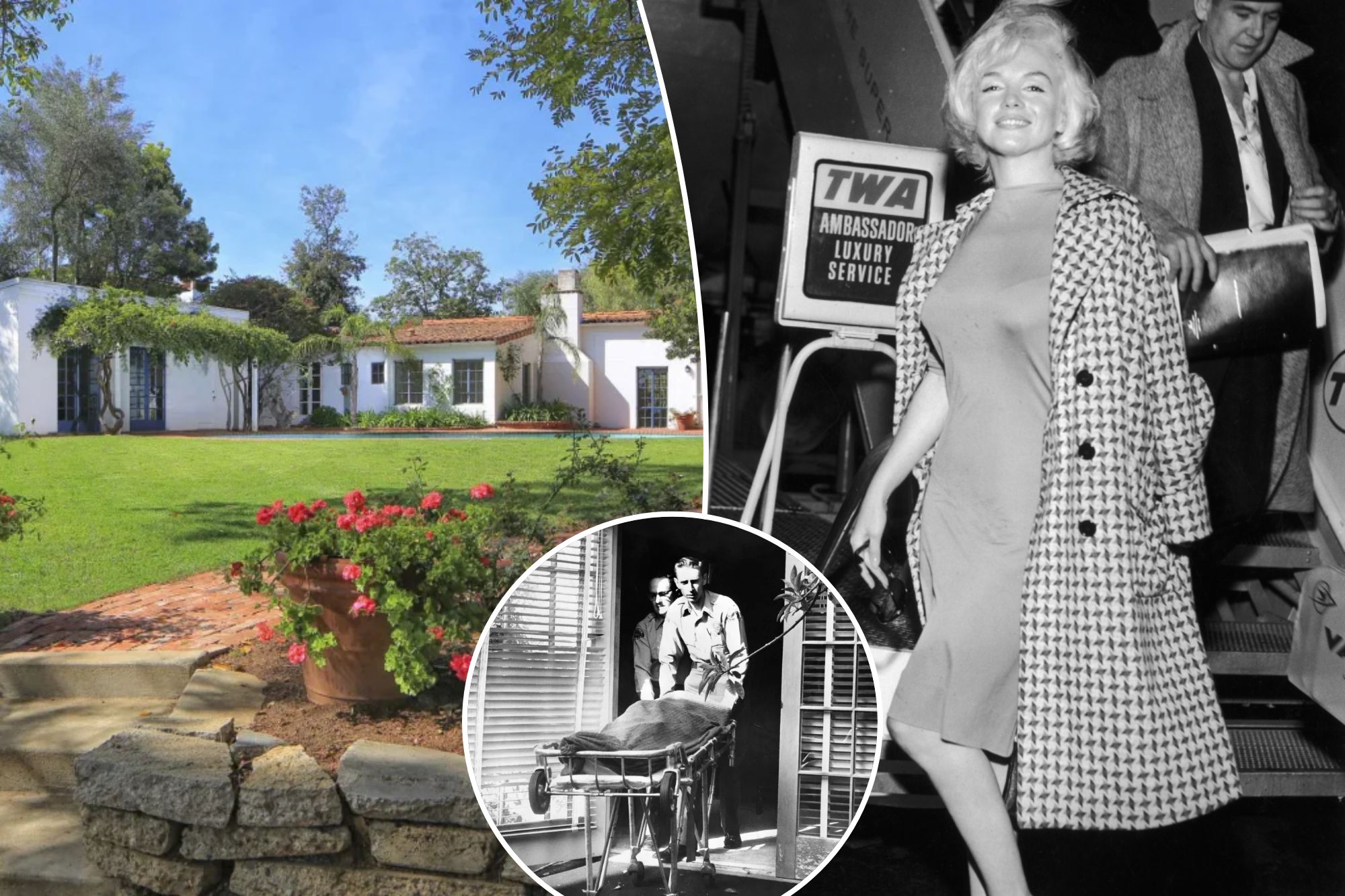A
Los Angeles judge has blocked efforts to demolish Marilyn Monroe's last home, siding with the city's decision to preserve the Brentwood residence as a historic landmark. The Spanish-style house, where Monroe spent her final months and died in 1962, had been slated for demolition after its current owners filed paperwork to tear it down.
The property's owners, Brinah Milstein and her husband Roy Bank, acquired the estate for $8.35 million in 2023 and intended to combine the site with their adjacent parcel. However, preservationists intervened, and the city imposed an emergency freeze on demolition permits. The case then shifted to court, where lawyers debated whether the City Council's landmark designation vote was improperly influenced.
The owners argued that the house had been altered so much since Monroe's time there that little remained of her presence. They claimed the city colluded with tour operators and conservationists to deprive them of property rights. However, Judge James Chalfant ruled in favor of the city, leaving intact a City Council vote last year to protect the home.
The house has changed hands 14 times since Monroe's death, but it remains a significant cultural landmark. Councilmember Traci Park introduced the motion for landmark status, emphasizing Monroe's enduring legacy. The owners argued that Park's support was biased and tainted the process, but the judge disagreed.
While some real estate professionals say the city acted too late, preservationists see the ruling as a victory. "There could still be a happy ending" if the owners opted to relocate the house, said Kim Cooper of Esotouric LA. The property remains intact, its original architectural features and tranquil surroundings a testament to Monroe's desire for sanctuary.
The home's modest stucco structure boasts beamed ceilings, terra cotta tile floors, and casement windows that evoke Old Hollywood charm. Outdoor features include a sparkling pool, lush lawns, and a citrus orchard. A Latin inscription on the front door reads "Cursum Perfico," or "My Journey Ends Here," a poignant reminder of Monroe's tragic fate.













